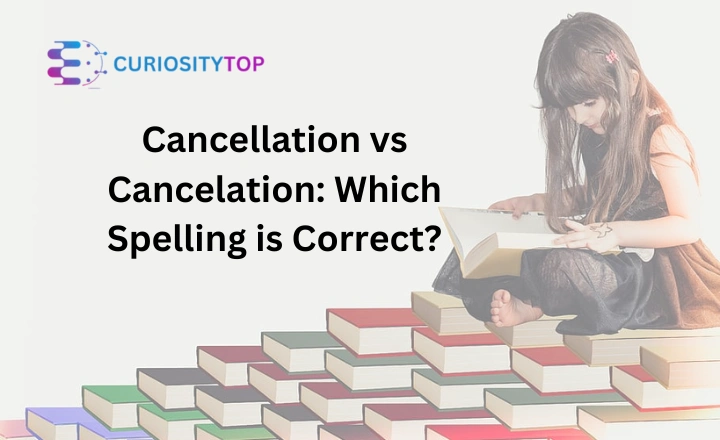Is it Witness’ or Witness’s or Witness? A Simple Guide
I’ve seen my fair share of courtroom dramas, and one thing always stands out: the crucial role of witnesses. But as a writer, I’ve often found myself stumbling over the correct way to write about them. Should it be Witness or Witness’s or Witness? Today, I’m going to clear up this grammatical mystery once and for all.
Witnesses are the backbone of our justice system, providing critical testimony that can make or break a case. But when it comes to writing about them, things can get tricky. Visit the world of possessives and plurals to master the art of referring to these important players in the legal world.
The Basics: Witness vs. Witnesses

Before we get into the nitty-gritty of possessives, let’s start with the basics:
- Witness: This is the singular form. Use it when talking about one person who saw or experienced something. Example: The witness took the stand and began to testify.
- Witnesses: This is the plural form. Use it when referring to more than one person who saw or experienced something. Example: Several witnesses came forward with information about the crime.
Pretty straightforward, right? But here’s where things get interesting.
The Possessive Puzzle: Witness’s or Witness’?

Principal rules come into play when we want to show that something belongs to a witness, we must use the possessive form. But which one is correct?
Witness’s: The Recommended Choice
Witness’s is the singular possessive form that most style guides, including the Associated Press Stylebook and the Chicago Manual of Style, recommend. It’s formed by adding an apostrophe and an ‘s’ to the end of the word.
Examples:
- The witness’s testimony was crucial to the case.
- We carefully examined the witness’s statement.
- The lawyer questioned the witness’s credibility.
Witness: The Alternative
While less common, witness’ is an alternative singular possessive form. It’s created by adding just an apostrophe to the end of the word. Then some writers prefer this form, especially when the next word begins with an ‘s’ sound.
Examples:
- The witness’ story changed the course of the trial.
- We relied heavily on the witnesses’ accounts of events.
- The judge considered the witness’ statement carefully.
When There’s More Than One: Witnesses’

We use witnesses’ when dealing with multiple witnesses and wanting to show possession. This void or blank plural possessive form is created by adding an apostrophe after the ‘s’ in witnesses.
Examples:
- The witnesses’ testimonies were consistent with each other.
- We collected the witnesses’ statements at the scene.
- The jury carefully weighed the witnesses’ accounts.
Real-World Applications
Understanding these distinctions isn’t just about grammar but clarity in critical situations. Look at some real-world scenarios where getting this right matters:
In the Courtroom
- “The witness’s credibility was called into question.” (Referring to one witness)
- “The witnesses’ accounts painted a clear picture of the events.” (Referring to multiple witnesses)
In News Reporting
- “The key witness’s identity was protected for safety reasons.”
- “The witnesses’ descriptions helped police sketch the suspect.”
In Legal Documents
- “The witness’s affidavit was submitted to the court.”
- “The witnesses’ testimonies were recorded and transcribed for the record.”
Common Pitfalls to Avoid
- Mixing up singular and plural possessives: Witness’s or witness’ for one, witnesses’ for many.
- Forgetting the apostrophe: It’s never just “witness” when showing possession.
- Adding an extra ‘s’ to the Plural: It’s witnesses,’ not witnesses’.
Pro Tips for Perfect Usage of Witness or Witness’s or Witness

- Context is key: Consider whether you’re talking about one witness or many.
- Consistency is crucial: Choose one style (witness’s or witness’) and stick with it throughout your document.
- When in doubt, go with witness’s: It’s the most widely accepted form for singular possession.
- Read it aloud: Sometimes, hearing the word can help you decide which form sounds more natural.
Why It Matters?

Getting these forms right is about more than impressing your English teacher. In legal and journalistic writing, precision is paramount. Using the correct form can:
- Ensure clarity in legal documents
- Maintain credibility in news reporting
- Demonstrate attention to detail in professional writing
Putting It All Together
| Form | Usage | Example |
| Witness | Singular | The witness took the stand. |
| Witnesses | Plural | Several witnesses came forward. |
| Witness’s / Witness’ | Singular Possessive | The witness’s testimony was compelling. |
| Witnesses’ | Plural Possessive | The witnesses’ accounts were consistent. |
Conclusion
Witness or Witness’s or Witness might seem like a small detail, but these are nuances that separate good writing from excellent writing. Whether you’re drafting a legal brief, reporting on a trial, or simply trying to improve your grammar, understanding these distinctions will serve you well.
Language is a tool for clarity. By using these forms correctly, you’re not just following Hastle rules but ensuring your message is understood precisely as you intend. Next time you find yourself writing about witnesses, take a moment to consider which form you need. Your readers (and maybe even a judge or two) will thank you.
Read More:
Community’s or Communities’ or Communities
Is It Correct to Say “Agreed”?
FAQs
What is the Plural of witness?
The Plural of witness is witnesses. This means that if you are talking about more than one person who has seen or heard something, you would use the word “witnesses.” For example, “The police interviewed the witnesses to the accident.”
When a word ends in s possessive?
If a word ends in s, the possessive form is usually made by adding an apostrophe (‘). For example, the possessive word “witness” means “witness.” This rule has some exceptions, especially with proper nouns ending in s. In these cases, you can add an apostrophe, an s, or just an apostrophe. For example, “James’s car” or “James’ car.”
What is the correct word for witness?
Witness is the correct word for someone who sees or hears something happen. It can also describe a person who testifies in a court of law. For example, “The eyewitness described the suspect as wearing a blue jacket.”
When to use the Plural possessive?
You use the Plural possessive when you want to show ownership or possession of multiple people or things. For example, “The witnesses’ statements were consistent.” This means that the statements belonged to more than one witness.







